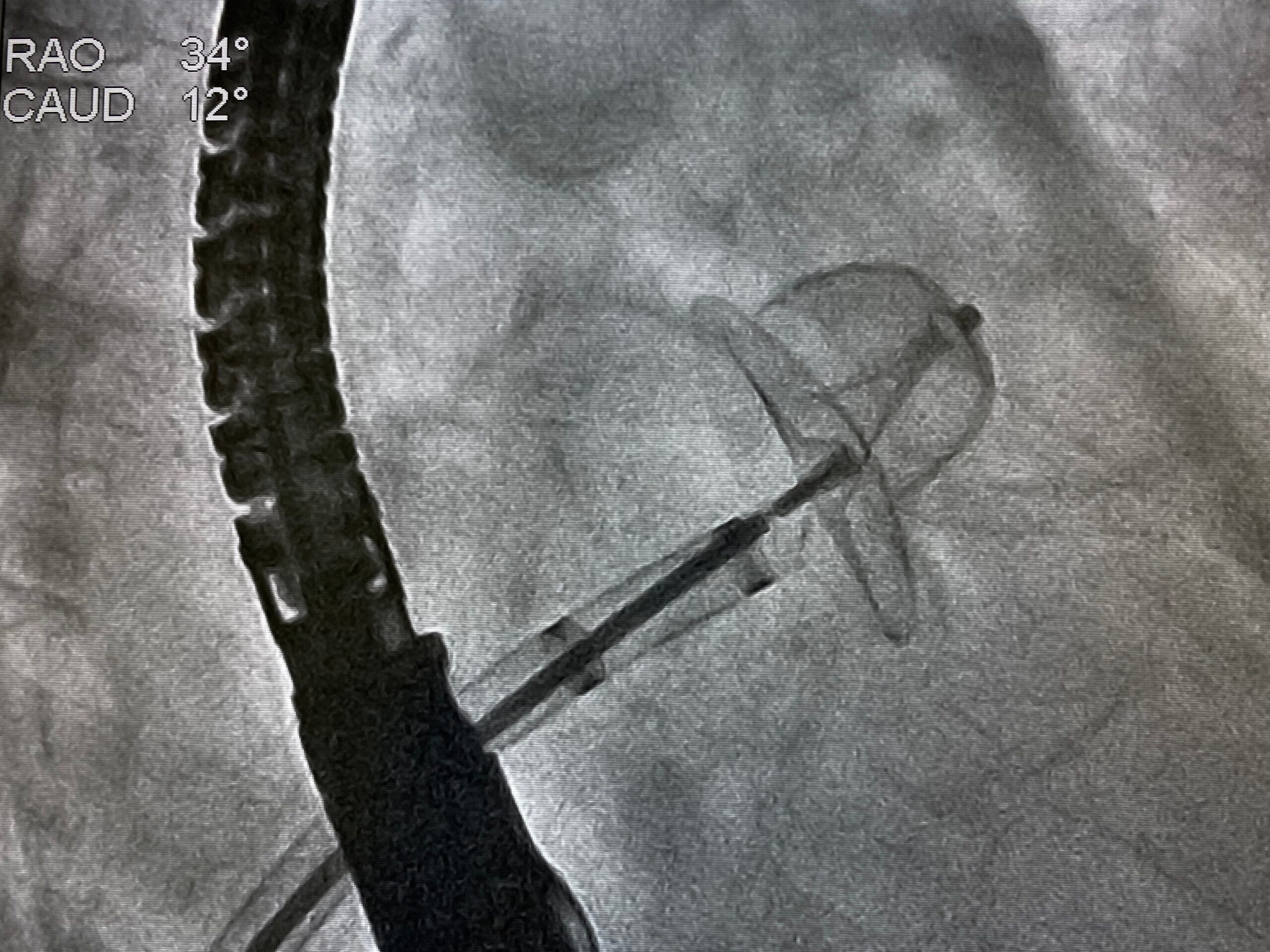
People who are exposed to even small amounts of secondhand smoke have a greater risk of developing atrial fibrillation, according to a study presented at the European Heart Rhythm Association Congress 2024.
“The dangers of secondhand smoke were significant regardless of whether individuals were at home, outdoors, or at work, indicating that exposure universally elevates the risk of atrial fibrillation,” study author Dr. Kyung-Yeon Lee, of Seoul National University Hospital in South Korea, said via a press release. “We should all make every effort to avoid spending time in smoky environments. The findings should also drive policymakers to further curb smoking in public areas and support smoking cessation programs to improve public health.”
While it is well established that exposure to secondhand smoke is linked to coronary artery disease and premature death, less is understood about the link between secondhand smoke and atrial fibrillation.
To close that knowledge gap, researchers designed a study that comprised 400,493 adults (average age, 56.5 years; 55.2% women) who had used the UK National Health Service for any reason and were enrolled in the UK Biobank.
Patients in the population of interest were provided with a touchscreen questionnaire that was used to ask the number of hours they had been exposed to other people’s smoke in a typical week over the past year, both at home and in other environments.
Following analysis, the researchers found a dose-dependent relationship whereby each increase in the duration of weekly secondhand smoke exposure was associated with an even greater risk of atrial fibrillation. For example, 7.8 hours of secondhand smoke exposure per week was associated with an 11% higher likelihood of atrial fibrillation compared with no passive smoking exposure.
“According to our study, once exposed to secondhand smoke, the likelihood of developing atrial fibrillation begins to increase, with the risk escalating significantly as the exposure time lengthens,” Dr. Lee said. “The finding that passive smoking is harmful not only in enclosed indoor spaces but also outdoor environments underscores the importance of smoking bans to protect public health.”
Follow us on X/Twitter: @mydocwire







 © 2025 Mashup Media, LLC, a Formedics Property. All Rights Reserved.
© 2025 Mashup Media, LLC, a Formedics Property. All Rights Reserved.